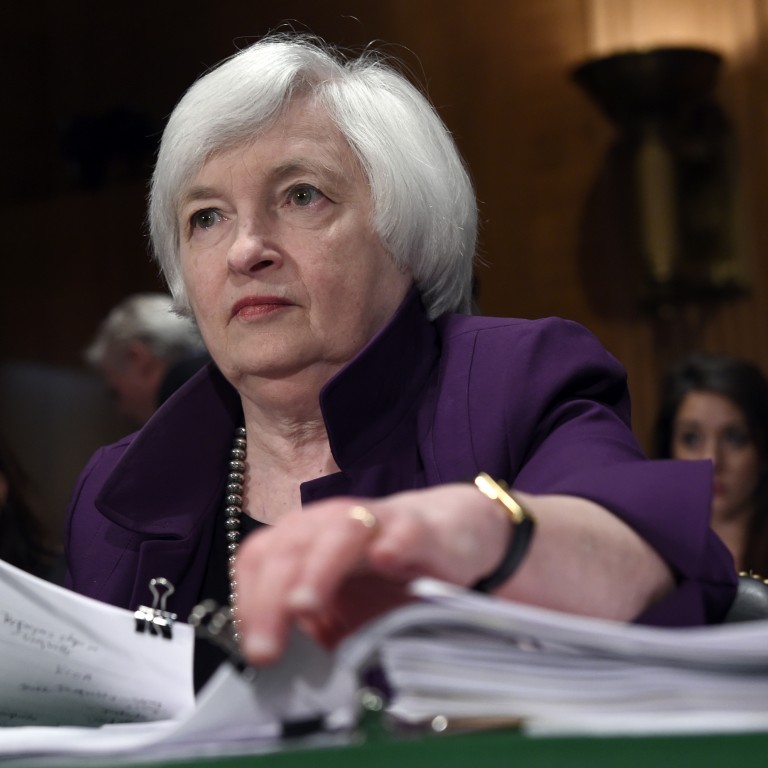
The 10 reasons why the Fed should raise rates in September
As the US Federal Reserve approaches its moment of interest rate decision in September, an element of Hollywood bravado is creeping into the drama. Some experts from emerging market economies, especially the ones like India doing better than the rest because of the decline in oil prices, favour early modest US credit tightening, in spite of recent stock market turbulence, as a way of building faith in a gradually recovering world economy.
One reason for such peoples’ Clint Eastwood/’Dirty Harry’ approach - ’Go ahead: make my day’ - is that subsequent resilience to an interest rate test would delineate better-performing developing nations from their peers, resulting in a relative upgrading of their credit rating. Some notable Wall Street players who have profited from cheap money are dubious about rising interest rates, even calling the Fed to re-enact some form of quantitative easing. This has the originality of the Vatican telling us that the cardinals have selected a Catholic as Pope.
The Fed decision is finely balanced. No one, probably not even Fed Chair Janet Yellen herself, can be certain of the outcome. But here are 10 good reasons why she and her colleagues on the Federal Open Market Committee should opt for boldness and decide a 25 basis point rate rise at its next policy meeting on 16-17 September.
1. A rate rise would chart the beginning of a long-term adjustment of monetary policy to the twin dangers of rising inflation pressures and financial instability that will eventually ensue from past easy money policies.
2. Endless nail-biting over the Fed’s first upward move for nine years is itself a factor inducing uncertainty. Postponing the rise because of worries about world economic disorder would diminish faith in recovery and policy normalisation.
3. The domestic parameters which are the main criteria governing the Fed’s policy behaviour have now largely moved into line with pre-set conditions for an interest rate increase.
4. The international environment - which the Fed takes into account in rate-setting - is not so universally negative as to preclude a rate rise. Europe is stabilising after the Greek rescue package and many emerging market economies are profiting from low oil prices.
5. There will be winners and losers after a rate rise. Countries that have reinforced their economic fundamentals will do better than others. Financial markets should benefit from opportunity to make a differentiated analysis of individual economies.
6. The stock market decline is an overdue correction, not a cause for panic. Allowing policy to be blown off course by market cajoling would expose Fed decision-making to more blackmail by vested interests and lower its long-term credibility.
7. By favouring audacity over tergiversation, Yellen - long ascribed to hold dovish views - would buttress her reputation for steeliness. No G7 central bank governor has yet raised interest rates in their present job. For Yellen to become the first one would be a mark of distinction.
8. Next year is a US election year and political resistance to a rate rise will increase. Starting the tightening in autumn 2015 would be a good way of demonstrating the Fed can withstand these challenges.
9. Fears of a further dollar rise against the renminbi (which has registered a sizeable real trade-weighted revaluation over the past 12 months) and the euro are overdone. The US economy is less sensitive than many others to currency overvaluation
10. Christine Lagarde, the IMF managing director, and Lawrence Summers, the former Treasury secretary - neither supreme arbiters of good policy guidance - have advised the Fed to postpone the move. This alone constitutes a good reason for forging ahead.
Professor Lord Meghnad Desai is Chairman of the OMFIF Advisory Board, David Marsh is Managing Director

